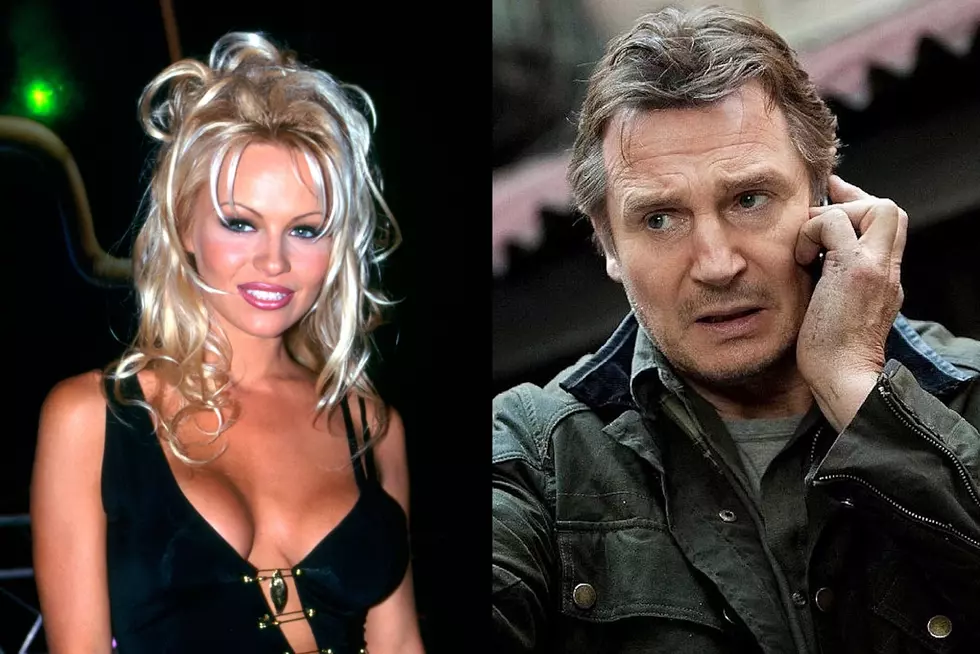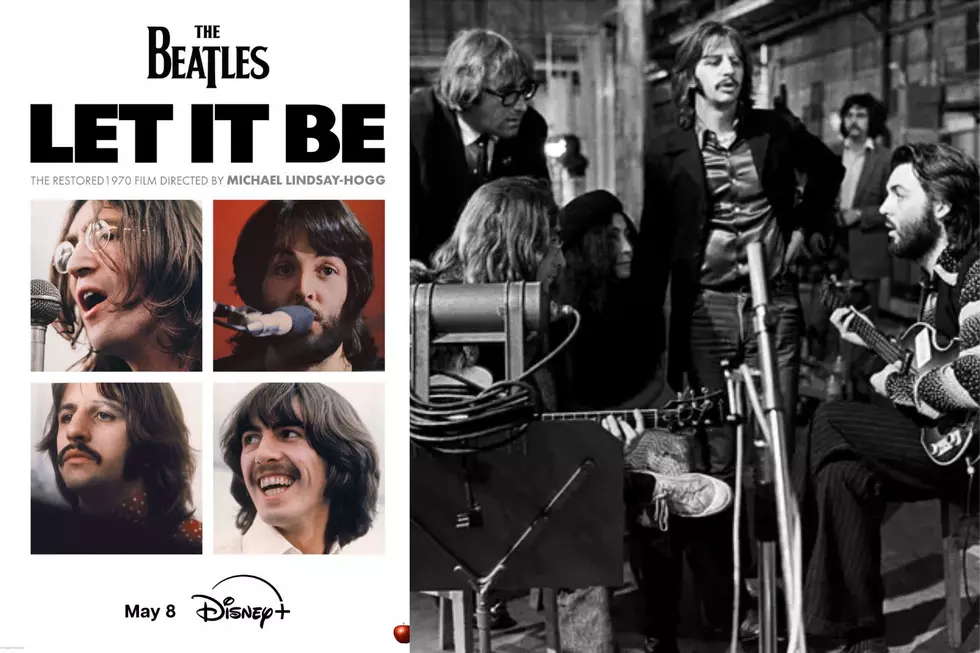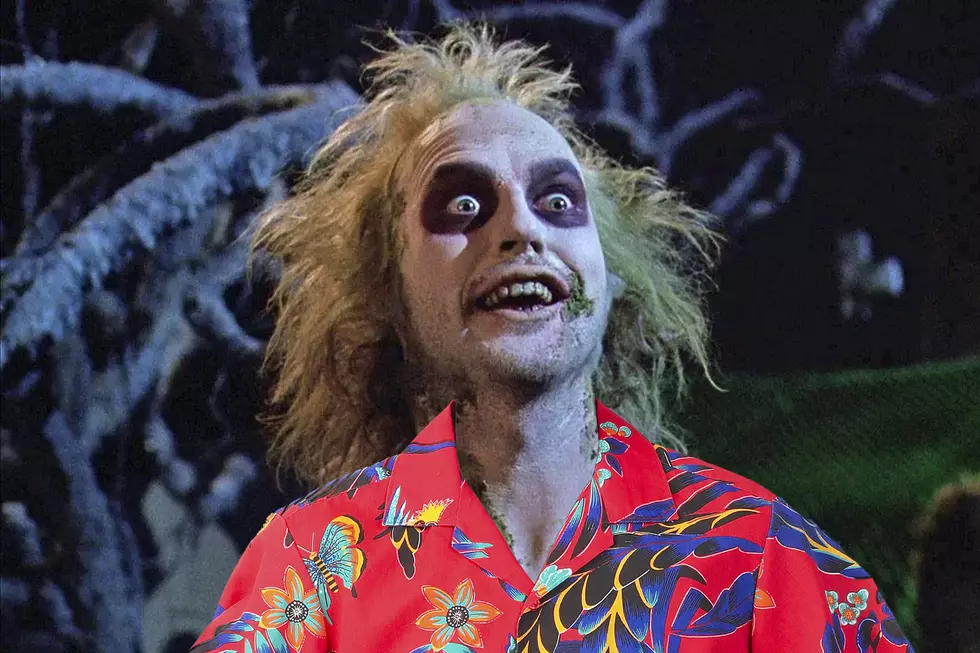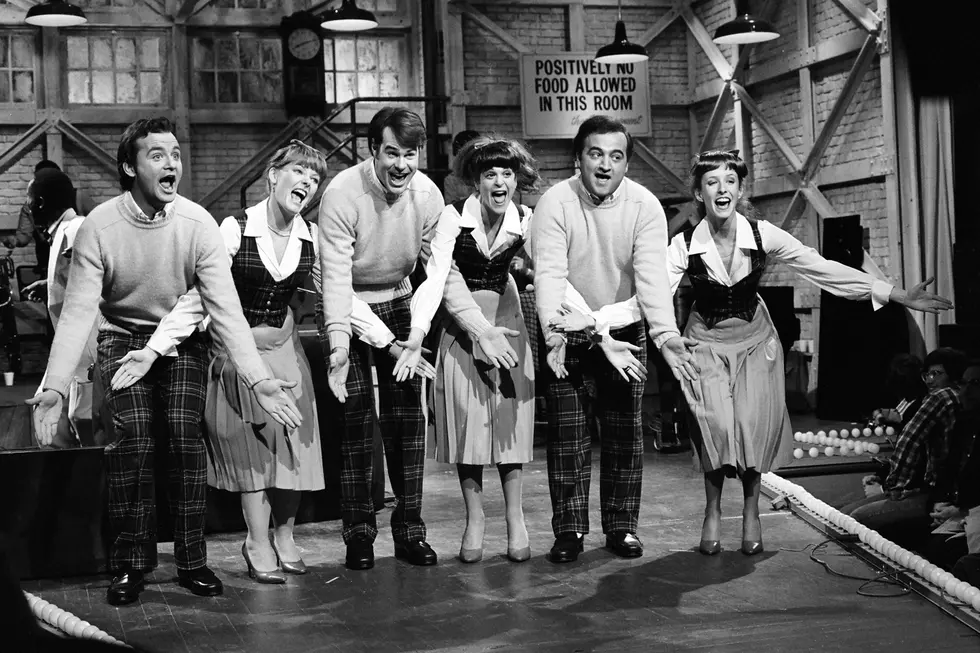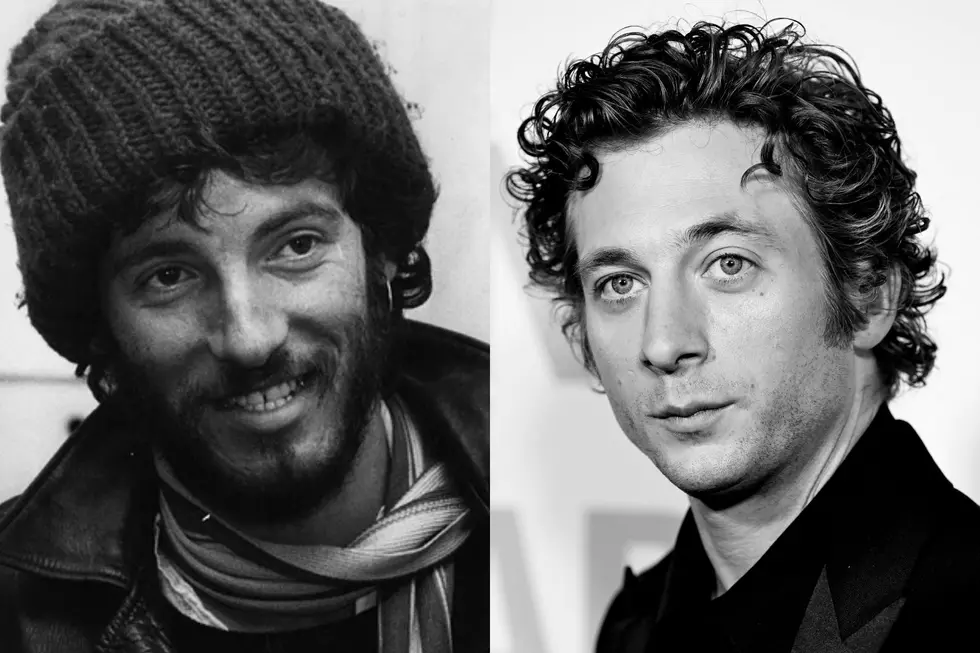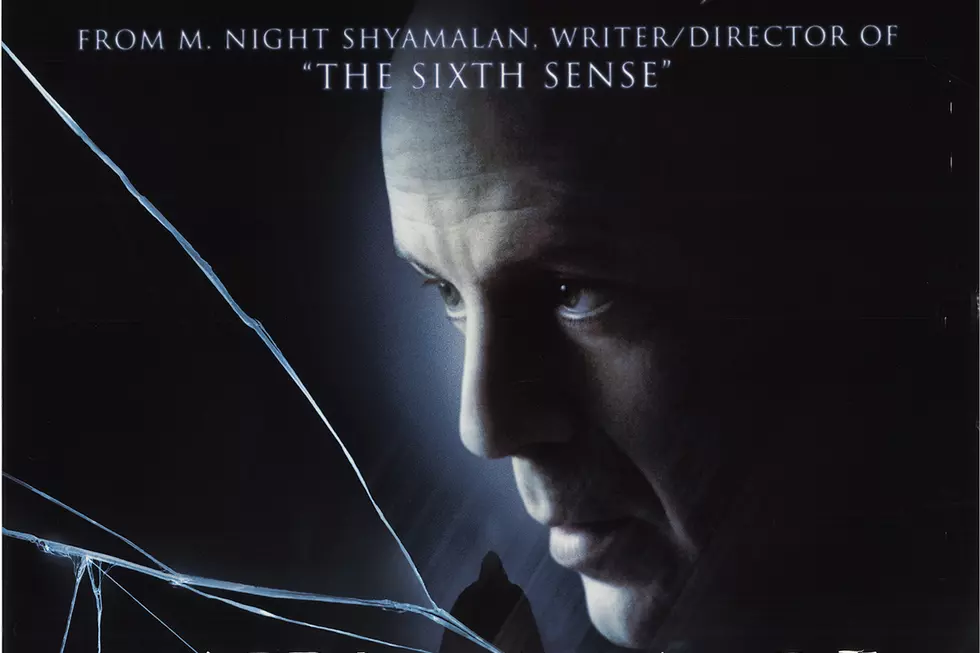
How ‘Unbreakable’ Helped Build the Modern Superhero Movie
Premiering on Nov. 22, 2000, M. Night Shyamalan's superhero drama Unbreakable resembled nothing so much as his previous film, the massively successful The Sixth Sense.
There was no established superhero film genre at that point, although studios had looked to that direction since the Batman serials of the 1940s. The Christopher Reeve era of Superman films had long passed, and Tim Burton's archly gothic take on Batman in 1989 fit in more with the pulp revival of Dick Tracy or The Phantom. That take on Batman would develop, degrade and collapse with Joel Schumacher's psychedelic, campy Batman and Robin. While 1998's Blade saw the titular Marvel hero kill vampires onscreen, that was sold to audiences as a paranormal action film. Even 2000's X-Men resembled more of an independent drama than a true superhero movie.
Compared to those films, Unbreakable forged something new, something that took its comic book roots seriously. While Shyamalan's original story had no basis in comics, it played a foundational role in the world of superhero movies. Even after Christopher Nolan's Batman trilogy and the advent of the Marvel Cinematic Universe, Shyamalan's saga of fatherhood, fate and friendship still resonates — bringing to life an unconventional origin story and interrogating comic book philosophy from a place of love.
Watch the Trailer for 'Unbreakable'
Most of that philosophy comes directly from the mouth of Samuel L. Jackson's character, Elijah, the brittle-boned superhero obsessive whose injuries gave him the childhood nickname of Mr. Glass. While hosting an antique room for comic book art, he explains to guests the meaning of tropes and artistic traditions in the form. In his office, he sits in front of a tapestry of hieroglyphs, noting that comic books are the last of an ancient human art — elemental narratives told through images.
Elijah's infatuation with comic books is explained in flashbacks. As a child, he avoided the outside world, which promised injury and bullying. For defying his fears and going outside, his mom lends him a single superhero book. The camera seems to lock onto the comic as he turns it around, signifying what a major event this will be, in both the inspiration it offers and the damage it will bring. With his frequent injuries, he spends a lot of time in the hospital, with comic book fantasies his most constant companion.
The character's compelling story is rich in tragedy and pathos. His disability and search for greater truth make him practically a secondary protagonist, but the movie's focus ultimately centers on Bruce Willis' David Dunn, a classic comic book everyman with an alliterative name and a sense of longing.
Introduced as an anonymous figure on a train, Dunn removes his wedding ring when he spots an attractive woman sitting next to him. After fumbling his flirtation, he's left to sit dejected and lonely, nothing more than meets the eye. Shyamalan's visual style here is simple but effective, framing the whole conversation from behind the seat in front of them. Only after she leaves does Dunn receive a close-up, staring out the window to rural Pennsylvania, with quick cuts and rumbles following to suggest the de-railing about to occur. The train crashes.
Watch the Revelation of David as the Sole Survivor in 'Unbreakable'
As significant an event as the train crash is, Shyamalan opts not to show it, fading to white immediately after. David's young son Joseph watches it on the news and greets him in the hospital, where he makes for a surreal sight as the sole survivor, walking through a corridor filled with mourners and families of the deceased. One of the things that differentiates Unbreakable from the superhero movies that followed is its utter lack of joy. David's survival is treated as inseparable from the tragedy of the crash.
Soon, he and Elijah meet up — the man whose bones can't be broken and the man who's been vulnerable all his life. Elijah stalks David and asks if he's ever experienced sickness or any injuries, believing that he is a superhero with the power of invincibility (hence the title) and ESP.
David begins to wonder if there's truth to the theory. He has never experienced sickness, and his sole injury on the record is a car crash from when he and his wife Audrey started dating. His burgeoning delusions of grandeur further challenge their relationship, which is revealed to be in a rocky place.
Watch the Bench Press Scene from 'Unbreakable'
Instead of supplying a more typical superhero origin story, Shyamalan focuses on the small details around which his characters build their lives. There's no crime-fighting, at least at the beginning. David mostly gets by as a security guard at a football stadium, using intuition to check if people have brought in weapons or drugs. The major scene in which he discovers his abilities comes as he's lifting weights, and his most pressing issue is whether or not he can save his marriage.
Stylistically, Shyamalan borrows a lot from Steven Spielberg in how he designs sequences, with his long takes and constantly moving camera. James Newton Howard's mournful, emotional score even evokes the feelings of Spielberg's more serious work with John Williams. But more than anything, the Spielberg-ian element of Unbreakable is its supernatural-tinted family drama, where bonds that have already been tested by individual flaws are challenged again by something new and incomprehensible — in this case, David realizing his power. The domestic scenes, like Joseph pointing a gun at David in hopes of proving his abilities, have real emotional depth.
Watch the Gun Scene from 'Unbreakable'
Through his direction, Shyamalan often chips away at an actor's persona or star power, resulting in performances that at first feel robotic and gradually reveal themselves as something deeper. The reliable charm of action star Willis is replaced by a kind of shell shock, leaving him a weary and mumbling middle-aged man who hides from the world. Jackson, his most frequent scene partner, produces a character similarly traumatized but also cool and confident — a master of the secrets that David finds so captivating.
David is reluctant to accept the mantle. As Elijah pushes him further, he ultimately asks the real question: Does he feel unfulfilled?
He does. That changes when he finally answers the call for heroism, in time for the movie's climax. As Elijah warns him, life is complicated, and doesn't fit into comic panel-sized boxes. When David begins to use his power of psychic perception to see the sins people hold onto in their minds, he's overwhelmed by the casual cruelty and sadism he sees. His single act of superheroism is relatively small-scale, like so much of the movie: saving two children from a murderous home invader. There are no death rays or big plans or magic devices or even personal connections — only the question of whether David can accomplish the right thing.
Watch David's Heroic Act from 'Unbreakable'
Shyamalan's filmmaking rise resulted from two things: his impeccable sense of craft and mood, and his screenplays' tendencies to end on mind-blowing twists that totally recontextualize everything that came before. While that expectation for twists eventually weighed down Shyamalan's plot lines and lead to mockery and criticism, Unbreakable's ending is ideal: natural and shocking all at once.
David's heroic act leaves him more secure as both a father and a husband, as he allows himself vulnerability with his wife and a stronger relationship with his son. He trusts Elijah too, enough to shake his hand at one of his exhibits. While doing so, his power of perception leads him to a horrific vision: the train crash David survived at the film's opening was caused by Elijah, who has executed multiple mass murders over the course of years in the search of a superman. He explains that he is Mr. Glass, the true villain of David's story.
Watch the Reveal of Mr. Glass from 'Unbrekable'
The movie ends somewhat awkwardly, with title cards explaining that David calls the police on Elijah. But Jackson's performance keeps the scene emotional, as he rambles about how children insulted him, making for a sad sight in a villainous purple suit and a wheelchair from injuries he sustained earlier in the movie.
The monumental success of Shyamalan's previous film, The Sixth Sense, hung a shadow over Unbreakable. It would become more appreciated over time: regularly landing on "Best Superhero Movie" lists and spawning two pseudo-sequels (2017's Split and 2019's more controversial series conclusion, Glass). It's not only a great superhero origin story but also a great character study in general, built around complex people and questions of faith and responsibility. As much as it provided a foundation for what would become Hollywood's most reliable genre, its mysteries and drama still make for a gripping experience.
The Best Rock Movie From Every Year: 1955-2019
More From Ultimate Classic Rock

